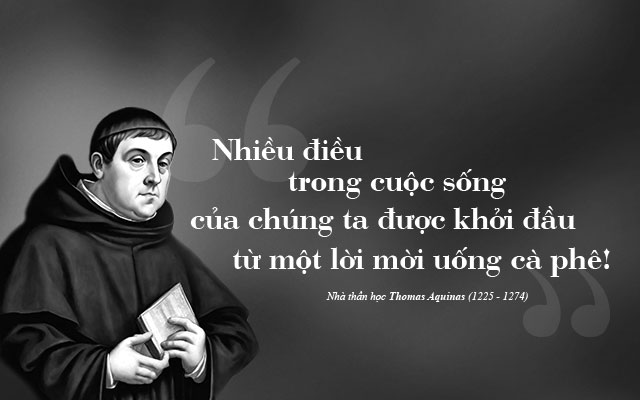
The Japanese have shaped the Tea Ceremony into a national ethic, an art of living conveyed through the enjoyment of a cup of tea. Meanwhile, Vietnam - a leading coffee powerhouse in the world , has the world's best Robusta coffee beans, has a rich history of coffee enjoyment culture for hundreds of years, but up to now, the value of Vietnamese coffee is still in the low segment, mainly exported raw and has not been properly shaped as the inherent position of the industry and the country. With the desire to bring the Vietnamese coffee industry to a new level, enhancing the value of coffee not only as a regular drink but also at the level of cultural coffee, artistic coffee, spiritual coffee... to philosophical coffee, worthy of the position of the world's coffee powerhouse - Trung Nguyen Legend Group has spent time and passion for many years to research the history, culture, art... of coffee in all areas of human life so that coffee becomes "Philosophical Coffee". Throughout the journey of creation and development of Trung Nguyen Legend, the spirit of dedication to serving the community has always been the core through many action programs to Create great aspirations, great directions; to build a new position for the Vietnamese coffee industry on the world coffee map. The Japanese did it! We Vietnamese can do it too and do it better! |
Martial Arts - The Path of Cultivation of Body and Mind
Martial arts originated from ancient civilizations such as Egypt, India, Greece, China... and have continuously developed, from primitive forms of self-defense to complex, organized martial arts systems. Although the purpose of each martial arts system depends on the social characteristics of each culture at different periods of formation, they all have in common the spirit of nurturing, training oneself, cultivating morality, to achieve the values of Truth - Goodness - Beauty in life.
In particular, in the process of development, the nature of martial arts and philosophy have a deep connection. Although martial arts focus on practice and training, while philosophy mainly studies theoretical issues, both aim at developing people comprehensively, helping people understand themselves, society and the world around them. Many martial arts systems are influenced by philosophical traditions such as Taoism, Buddhism, Confucianism and Stoicism.
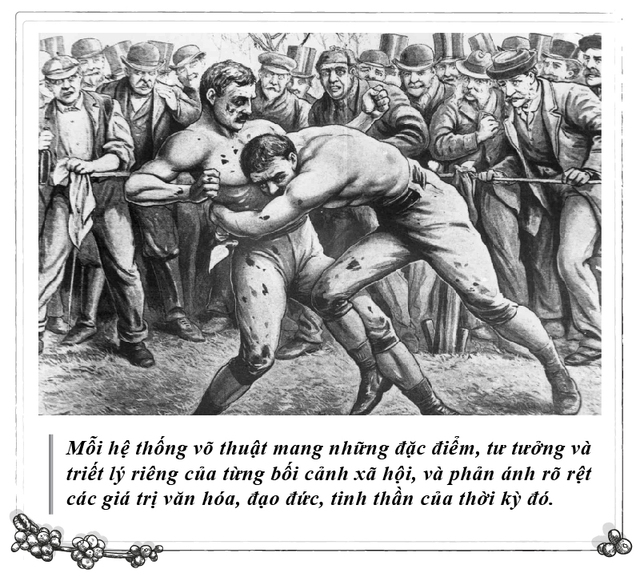
In the Eastern martial arts system, Aikido (Japan), often translated as "the way of the harmonious spirit", is rooted in the philosophy of non-violence and harmony, and is considered a martial art that serves the peace of humanity. Founded and developed by Ueshiba Morihei (1883-1969), Aikido is a synthesis of Ueshiba Morihei's martial studies, philosophy, and religious beliefs. The philosophy of this art focuses not only on self-defense but also emphasizes the maintenance of peace and avoiding harm to others.
Traditional Chinese martial arts, or Bushidō (the moral code followed by warriors in medieval Japan), placed great emphasis on values such as honesty, honor, perseverance, and respect. These are also elements discussed in the ethical philosophies of Aristotle and Confucianism.
In the West, the ancient Greek philosopher Plato believed that physical training was essential for the overall development of an individual. The Roman Stoic philosopher Seneca also emphasized the importance of self-control and discipline, two essentials in martial arts training. Accordingly, many Western martial arts systems focus on developing physical and mental discipline, concentration and self-awareness, and cultivating virtues such as courage, perseverance, humility and respect. In Brazil, Brazilian Jiu-Jitsu was developed based on the principles of leverage and technique, emphasizing the use of technique to overcome larger and stronger opponents.
Martial arts are also considered a method of balancing the mind and body. Disciplines such as Tai Chi, Aikido, Judo, Karate, Capoeira, Kendo… all focus on balancing the body and mind, developing tranquility and the ability to control emotions, thereby achieving inner peace and the ability to concentrate.
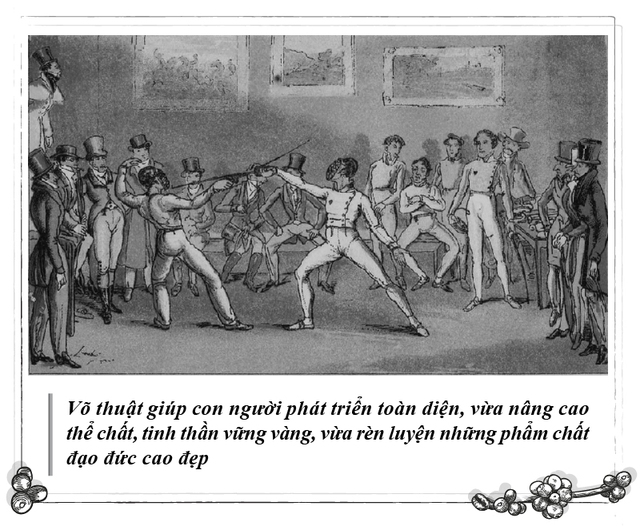
Coffee and martial arts - a resonance leading to a new way of life
When it first appeared, coffee was considered a medicinal herb, helping to heal wounds and increase vitality for the body. In Eastern philosophy, coffee is a precious source of energy that helps balance yin and yang, regulate the human body in harmony with heaven, earth and nature, thereby improving health, refreshing the spirit, and dispelling fatigue. Modern Western science has also proven that the active ingredients in coffee help increase human endurance, alertness and concentration. In particular, the awakening, connecting, and creative promoting properties of coffee and the space of coffee shops have left a strong mark on all areas of human social life.
With its special physical, spiritual and social values, it can be seen that coffee has similarities with the philosophical system of martial arts. Not only improving health, training the will and human qualities, coffee and martial arts also guide people to think, be aware, always contemplate to perfect themselves and strive to contribute to an increasingly progressive society.
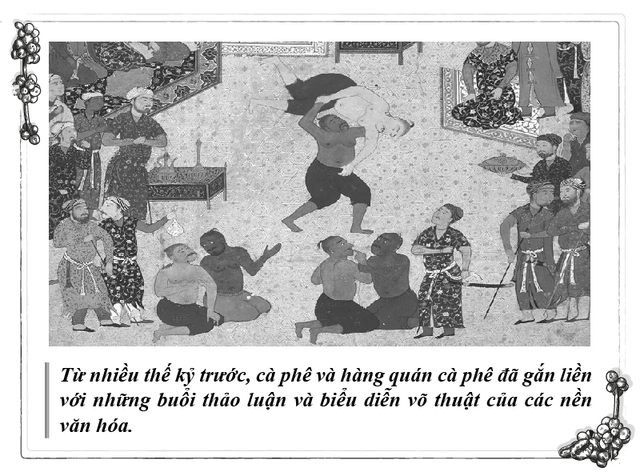
Over the centuries, coffee has become a popular drink among martial artists from West to East, and coffee shops have also been important spaces, playing a large role in the development of martial arts systems.
In Europe, the mid-late 19th century marked the beginning of the history of martial arts when modern sports developed from previous traditional martial arts systems, such as boxing, wrestling and fencing. During this period, European coffee houses played an important role in providing a space for exchange, training on techniques, training plans, and sharing experiences for martial arts clubs and communities, in order to maintain and develop traditional martial arts. Some coffee houses became discussion centers, where martial artists exchanged, learned and competed such as: Cafe Gradot (France), The Coffee Academy (London), Café Fencing (Berlin)... Or Cafe Conti was a regular place of the British fencing master, Henry Charles William Angelo (1756 - 1835) during his time living in Paris from 1772 to 1775.
Starting from the 20th century, the coffee shop model combined with martial arts clubs became increasingly popular, creating a favorable environment for martial arts enthusiasts to build a professional training community. Over a cup of coffee, martial artists discuss martial arts techniques, philosophies, and martial ethics. Typical examples include Fighter's Grind Café , a cafe dedicated to the Mixed Martial Arts (MMA) and Kickboxing communities in New York; Cafe de la Lucha , a famous cafe in Mexico, where fighters and fans of Lucha Libre (a famous Mexican wrestling style) often gather; Café du Jiu Jitsu is a prominent cafe in the Brazilian Jiu-Jitsu community in Paris...
Coffee's intellectually uplifting energy is also a catalyst for martial artists to develop their creativity, form new techniques, and help martial arts systems develop. ONE Strawweight Kickboxing World Champion Jonathan Di Bella Di Bella shared his love for coffee, saying that he has been exposed to coffee since he was 6 years old and that coffee helps him overcome his workload and high-frequency training regimen every day. Or Marcelo Garcia, one of the most famous and influential BJJ (Brazilian Jiu-Jitsu) fighters in the modern BJJ world, has openly expressed his love for coffee in interviews. Coffee helps him stay awake and full of energy for both training and competition. At the same time, the energy of coffee also motivates him to make great contributions to the development of BJJ techniques.
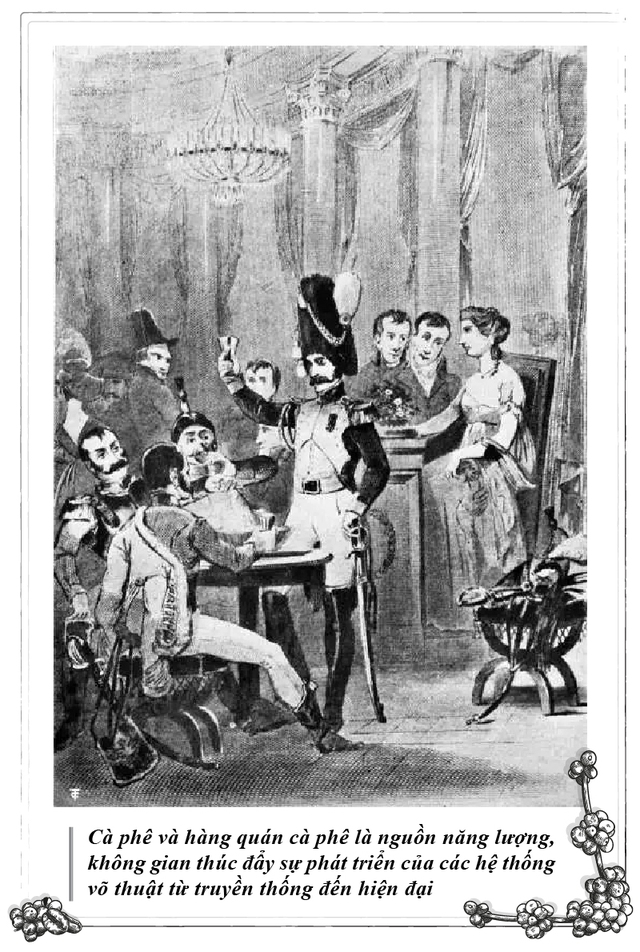
Coffee and coffee shops are the energy source, the space that promotes the development of martial arts systems from traditional to modern.
As a source of energy that adds physical and mental strength and contains profound philosophies, coffee and coffee shops have accompanied martial artists for centuries. Moreover, along with the development of mankind, martial arts and coffee have become part of cultural heritage, continuously developing and adapting to the needs of society. The similarity and resonance between the spirit of coffee and the spirit of martial arts have guided people on the journey of training and cultivating themselves to live in harmony with nature, the community and build a conscious, comprehensive lifestyle of Body - Mind - Spirit.
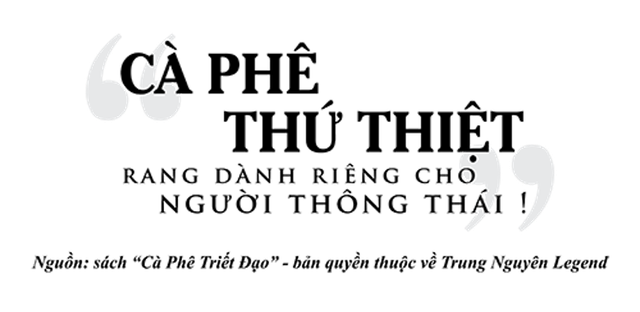
Read the next part: Coffee shops in the development of the fashion industry
Source: https://thanhnien.vn/ky-109-ca-phe-va-vo-hoc-trong-tien-trinh-ren-luyen-than-tam-tri-185250324190010603.htm


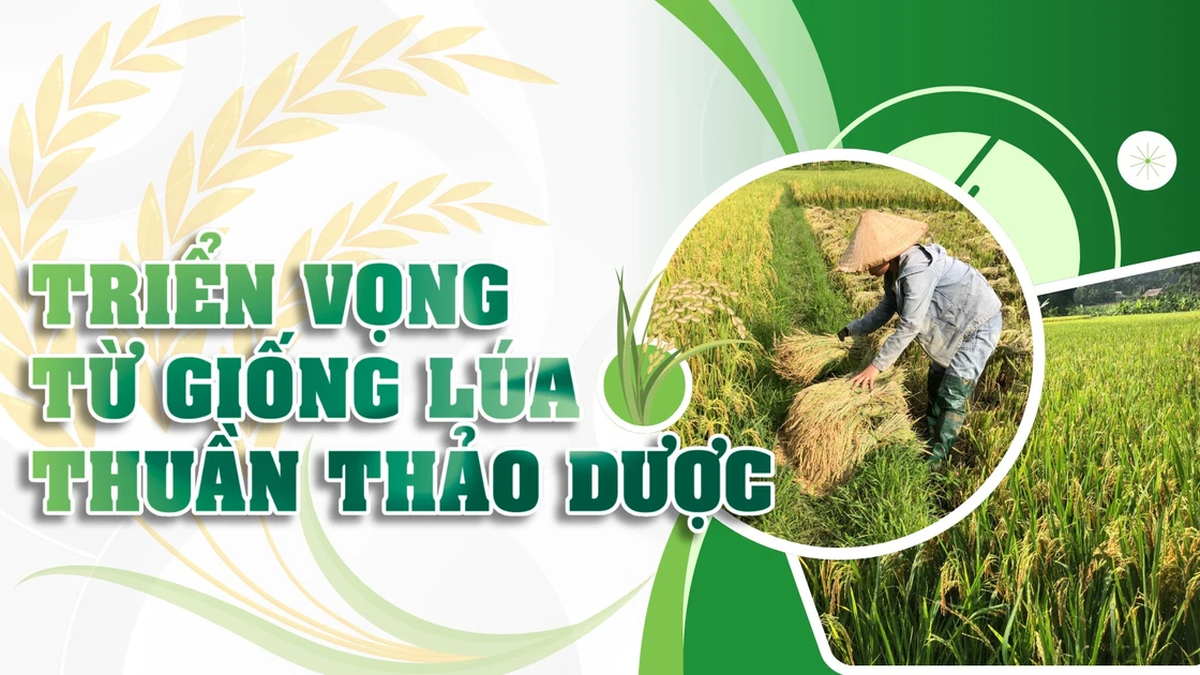

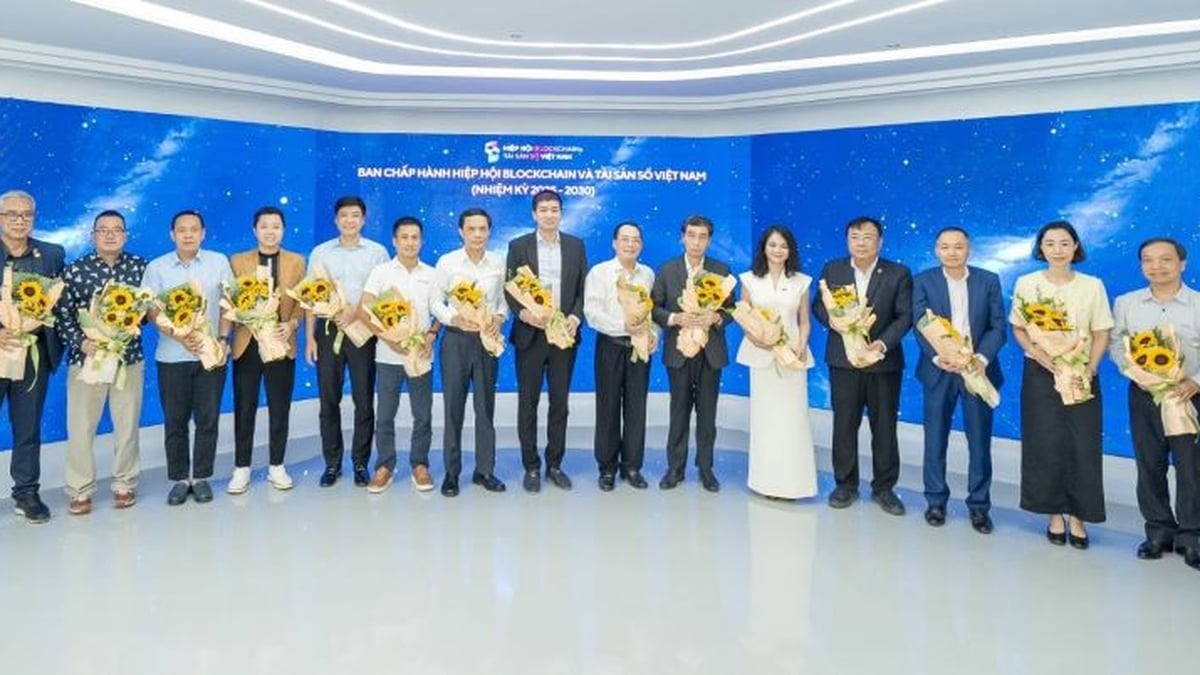
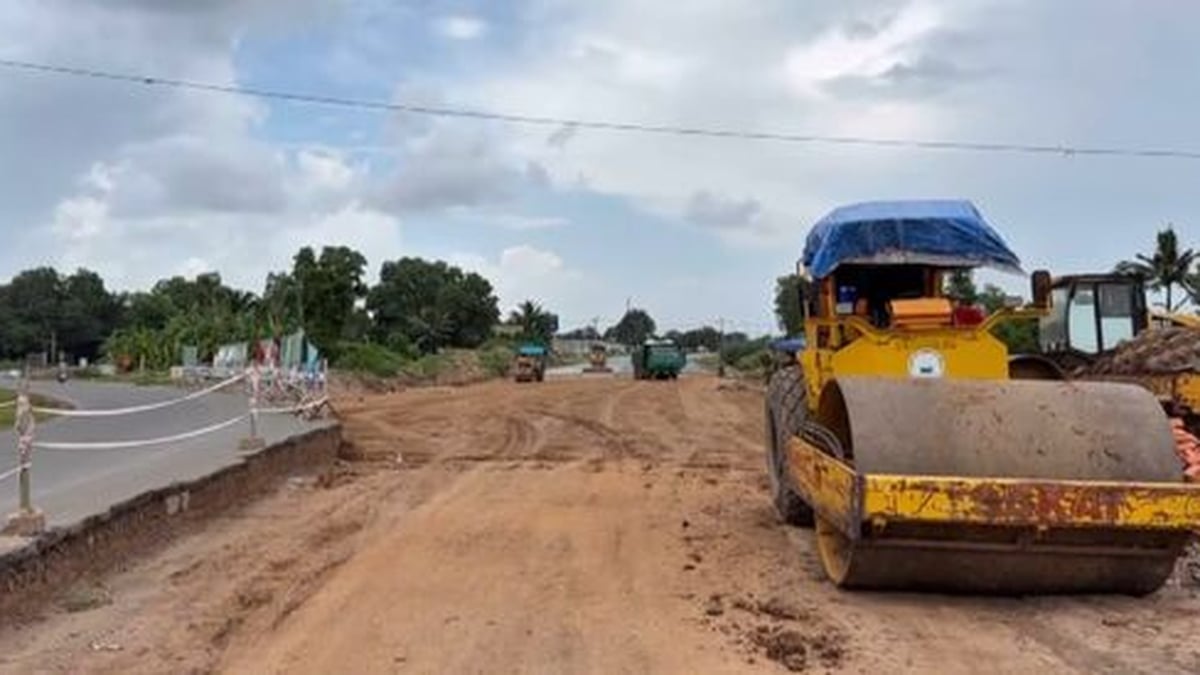
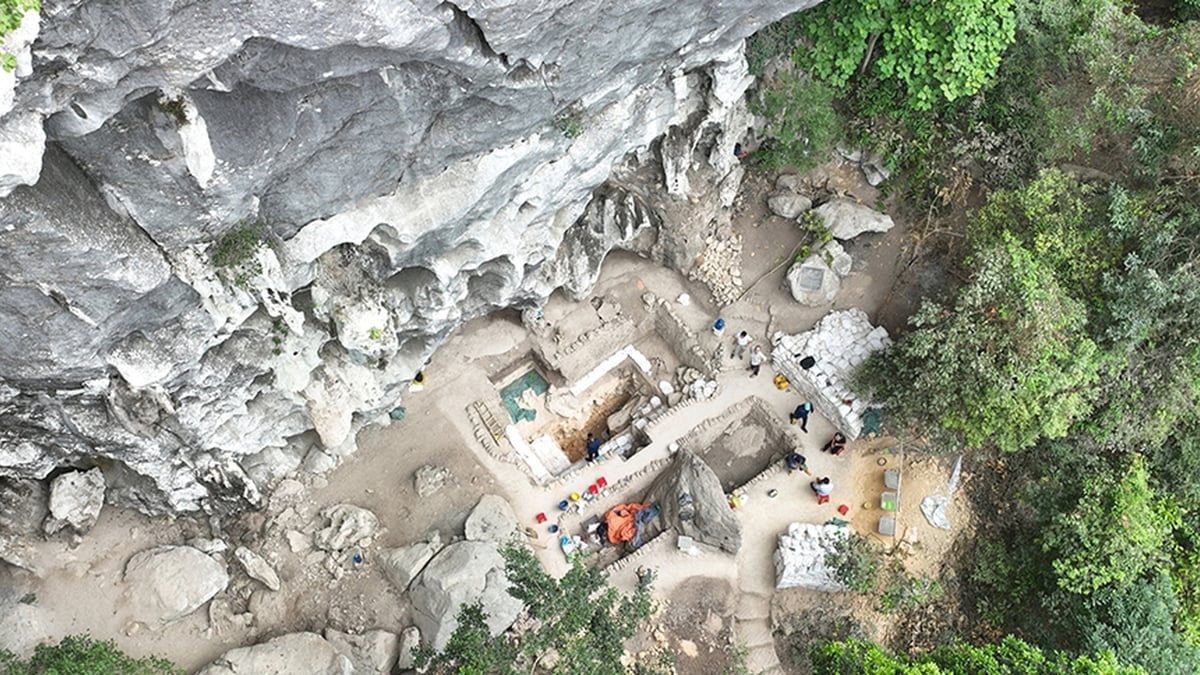
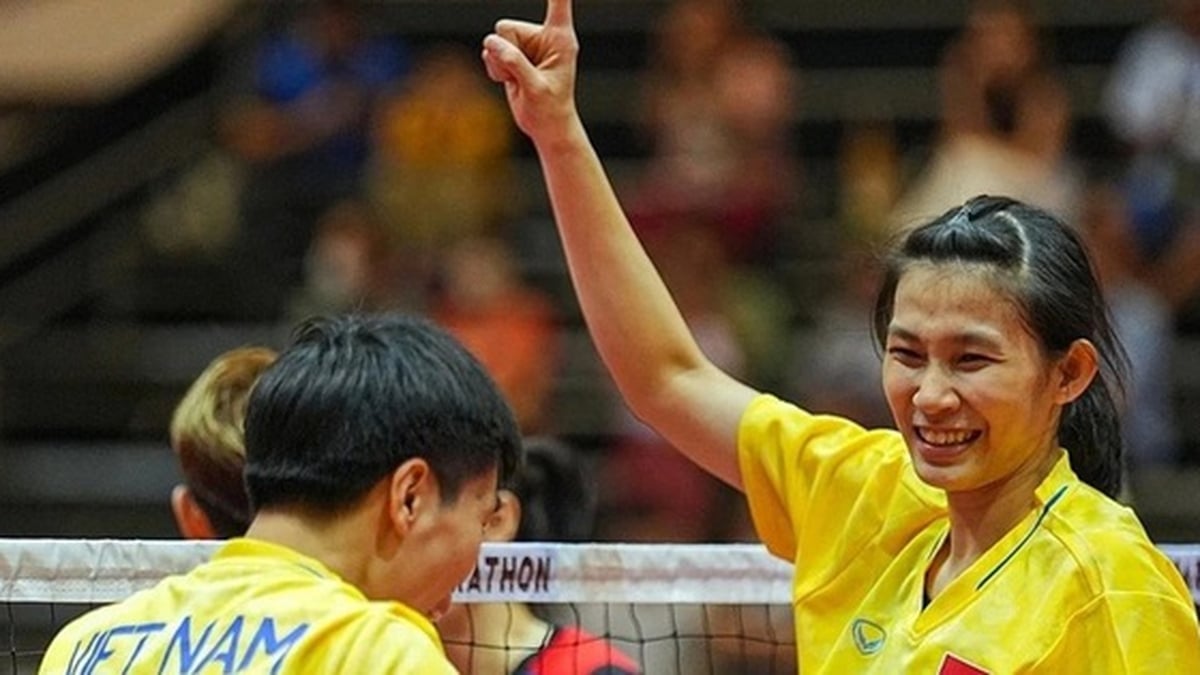
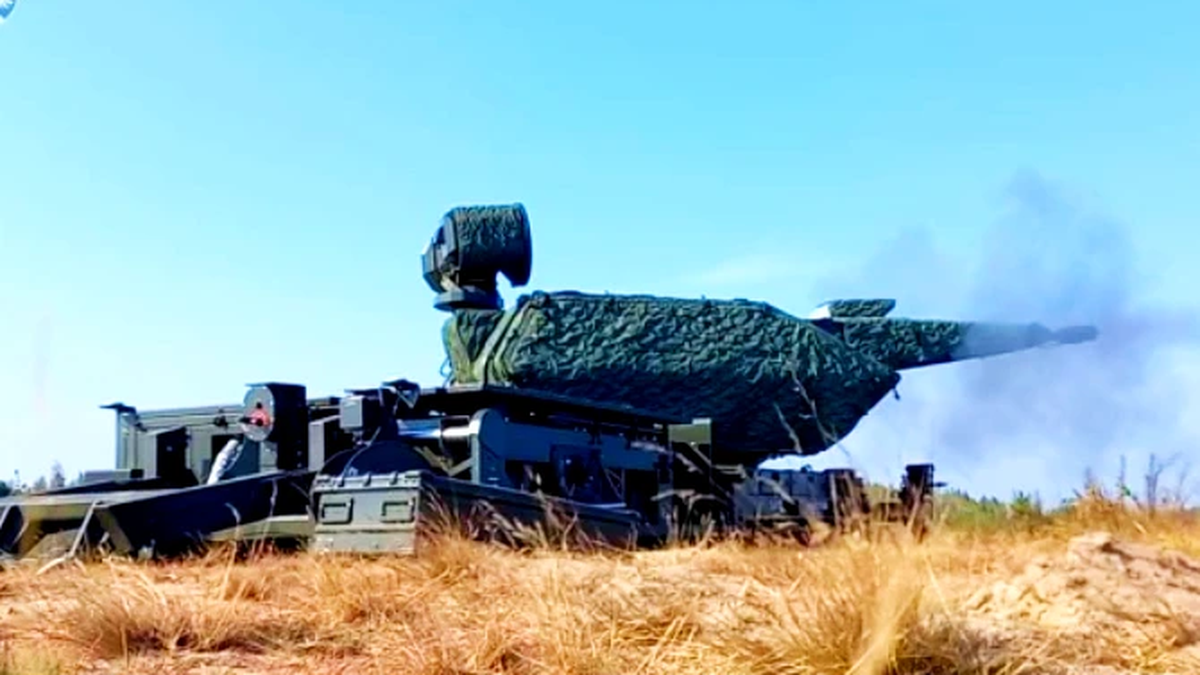
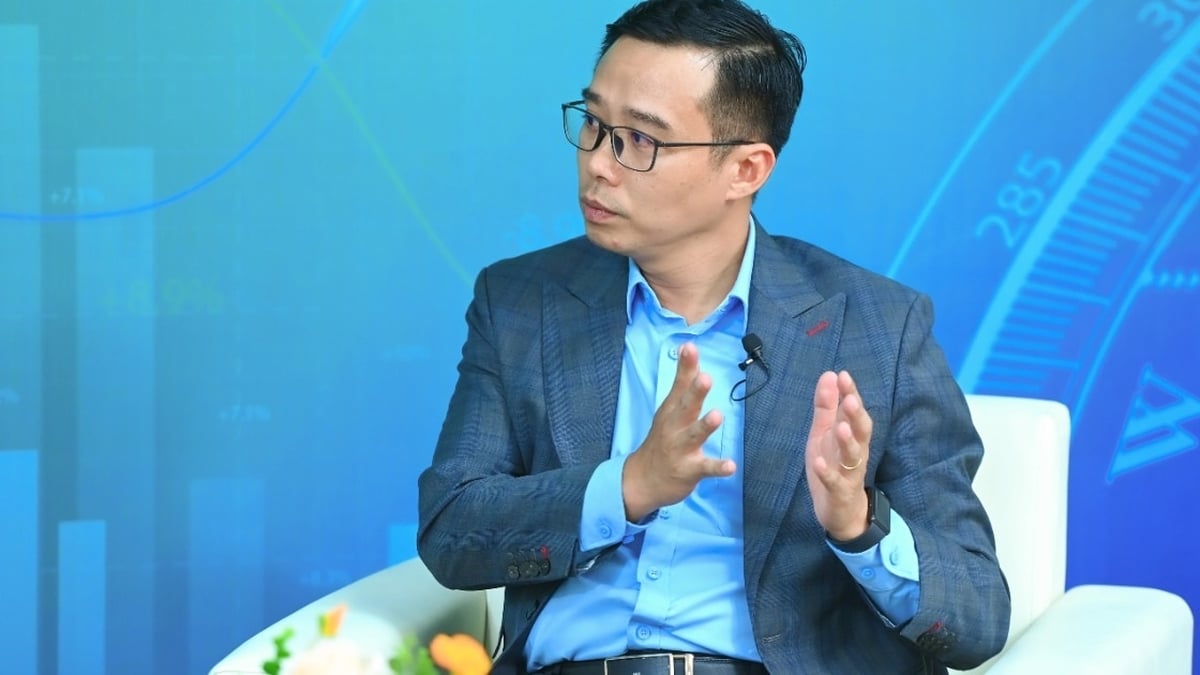


















































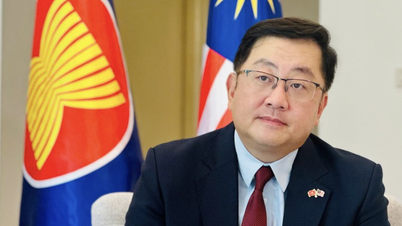
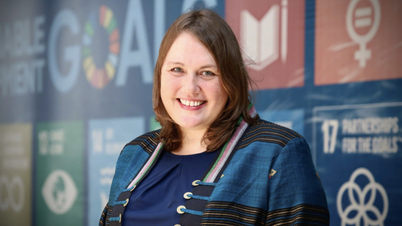

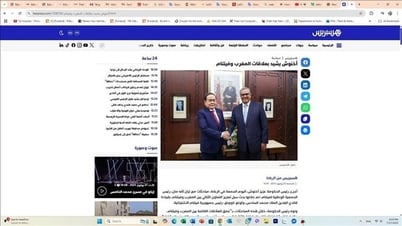

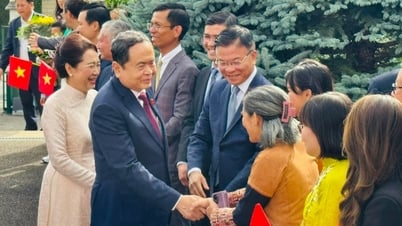
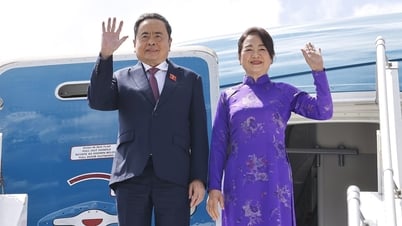



























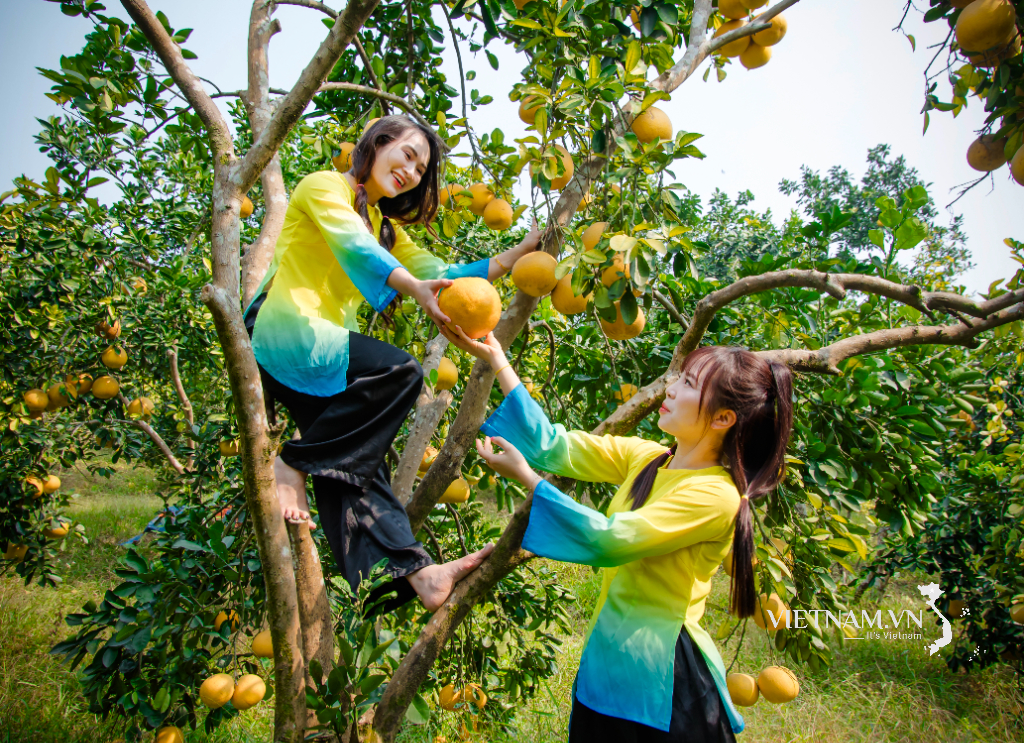
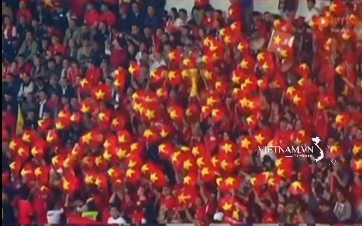


Comment (0)